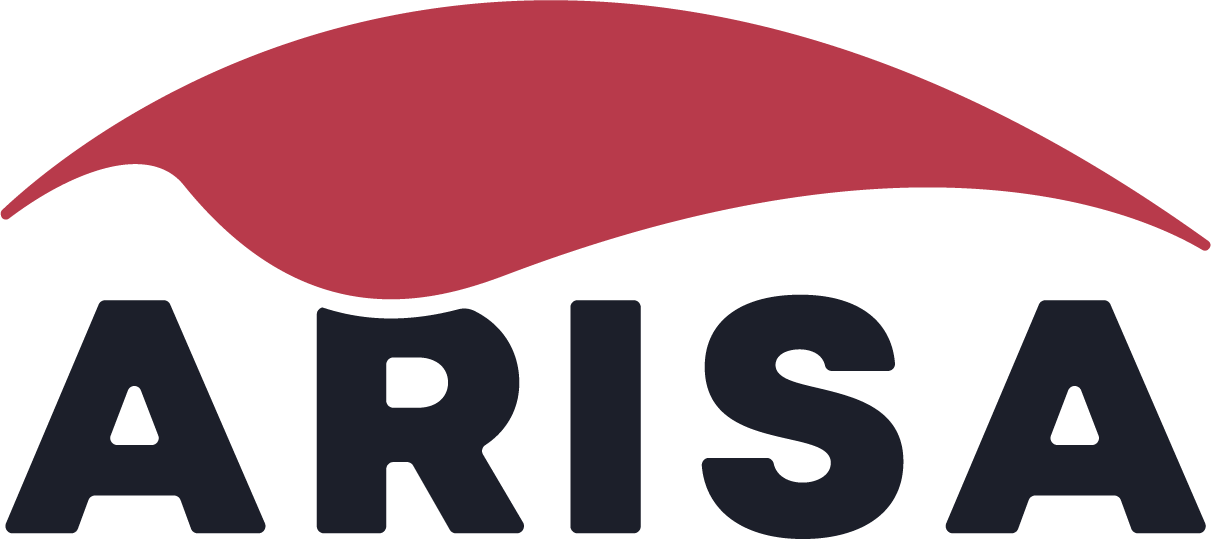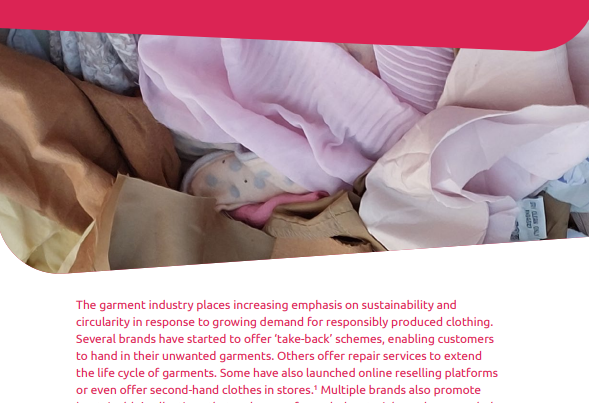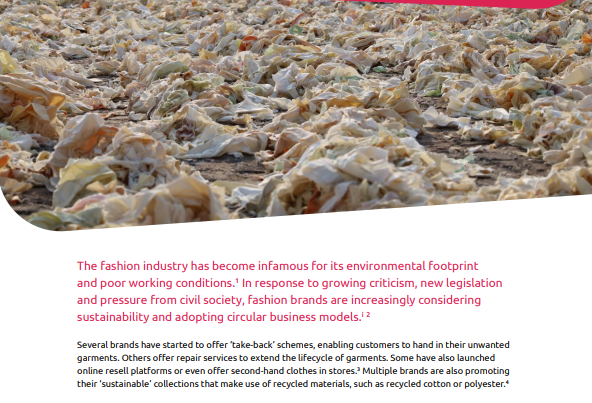Study shows that risks on child labour and poor working conditions are prevalent in global textile recycling chains
 Press release Sympany/Arisa
Press release Sympany/Arisa
Utrecht, 26 June 2020
At a time when the recycling of materials and the drive to achieve a circular economy are high on the agenda, textile collector and social entrepreneur Sympany and NGO Arisa publish the report “Textile recycling unravelled”. The report shows that the textile recycling chain is complex and involves risks on child labour and poor working conditions. It focuses on the city of Panipat in India, where a substantial part of the economy depends on the recycling of imported used textiles, including from The Netherlands. Sympany and Arisa call on businesses involved in these textile recycling chains to take their responsibility and address the existing risks.
Textile recycling in Panipat
Every year, millions of kilograms of used and collected textiles are shipped to India, including around 13.7 million kilograms from The Netherlands. Much of this used textile ends up in Panipat, a city about 90 kilometres north of Delhi. Non-rewearable textiles are shredded and spun into recycled yarn, from which new products are made, such as blankets, carpets and household textiles. So-called pre-consumer textiles, the residual material generated during the manufacturing of garments, are processed in Panipat as well.
The report shows which companies within and outside of Europe, including in The Netherlands, purchase products from Panipat. It also highlights several issues existing in the textile recycling industry in Panipat, that are particularly present in the often small, unregistered factories. Wages are below the legal minimum wages, especially for female workers. Workers are exposed to dust and chemicals without protective equipment, and child labour occurs.
To address these issues, Sympany and Arisa are calling on companies and organisations that purchase products from Panipat to map their supply chains beyond their first supplier. The next step is to perform a risk analysis in these chains, in accordance with the OECD guidelines*. When abuses are found, companies and organisations should not withdraw, but rather enter into a dialogue with suppliers to jointly improve working conditions. The same applies for collectors of used textiles and their value chains, to find out where the textiles they collected end up.
With this report, Arisa will engage in dialogue with textile companies and Multi-Stakeholder Initiatives, such as the Dutch Agreement on Sustainable Garments and Textile. In the coming years, Sympany will collaborate with several companies and civil society organisations in India to combat child labour in Panipat and to continuously monitor the textile recycling chain.
Download the full report here: https://arisa.nl/wp-content/uploads/TextileRecyclingUnravelled.pdf.
More information:
Susanne Tempel
Programme officer Human Rights and Business
st@arisa.nl



